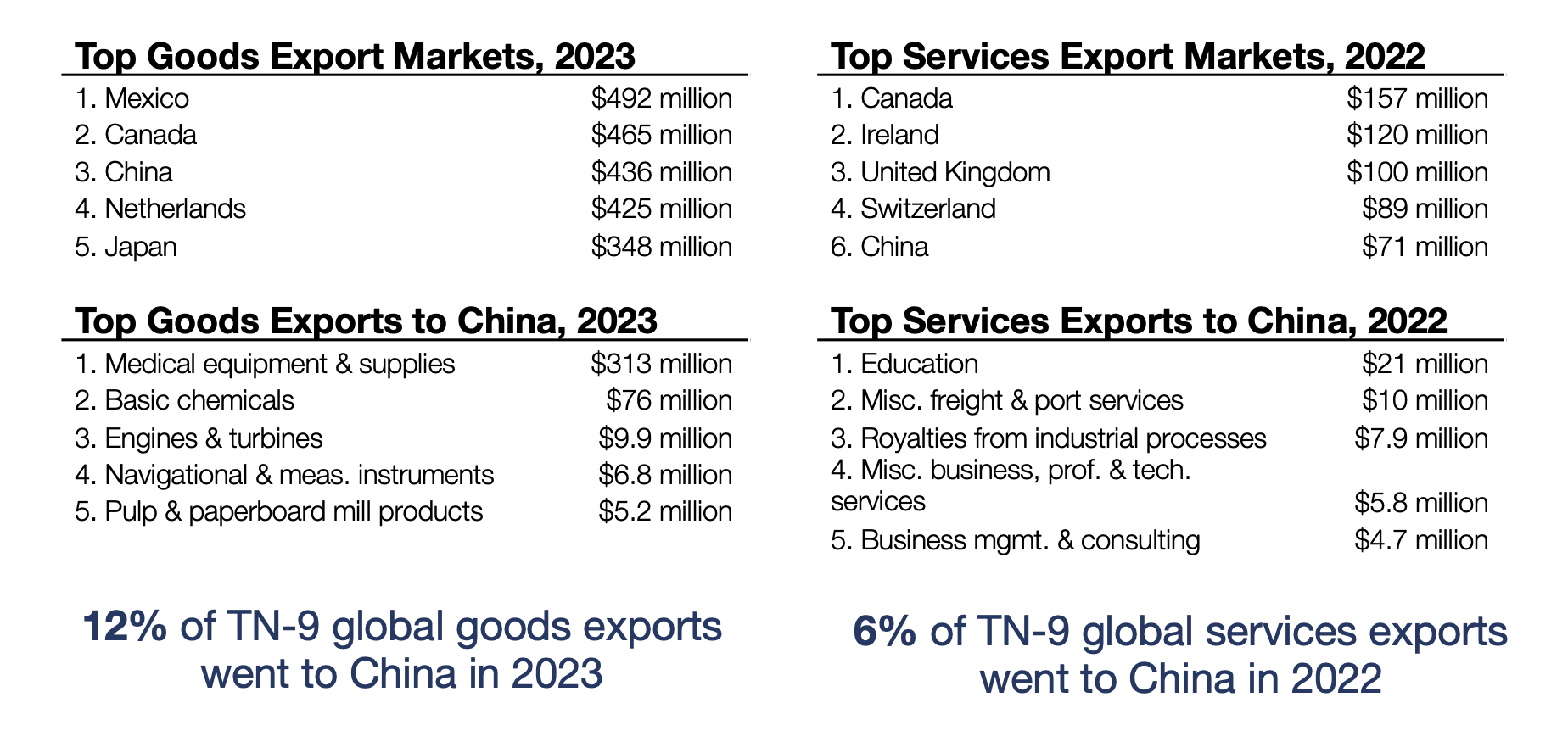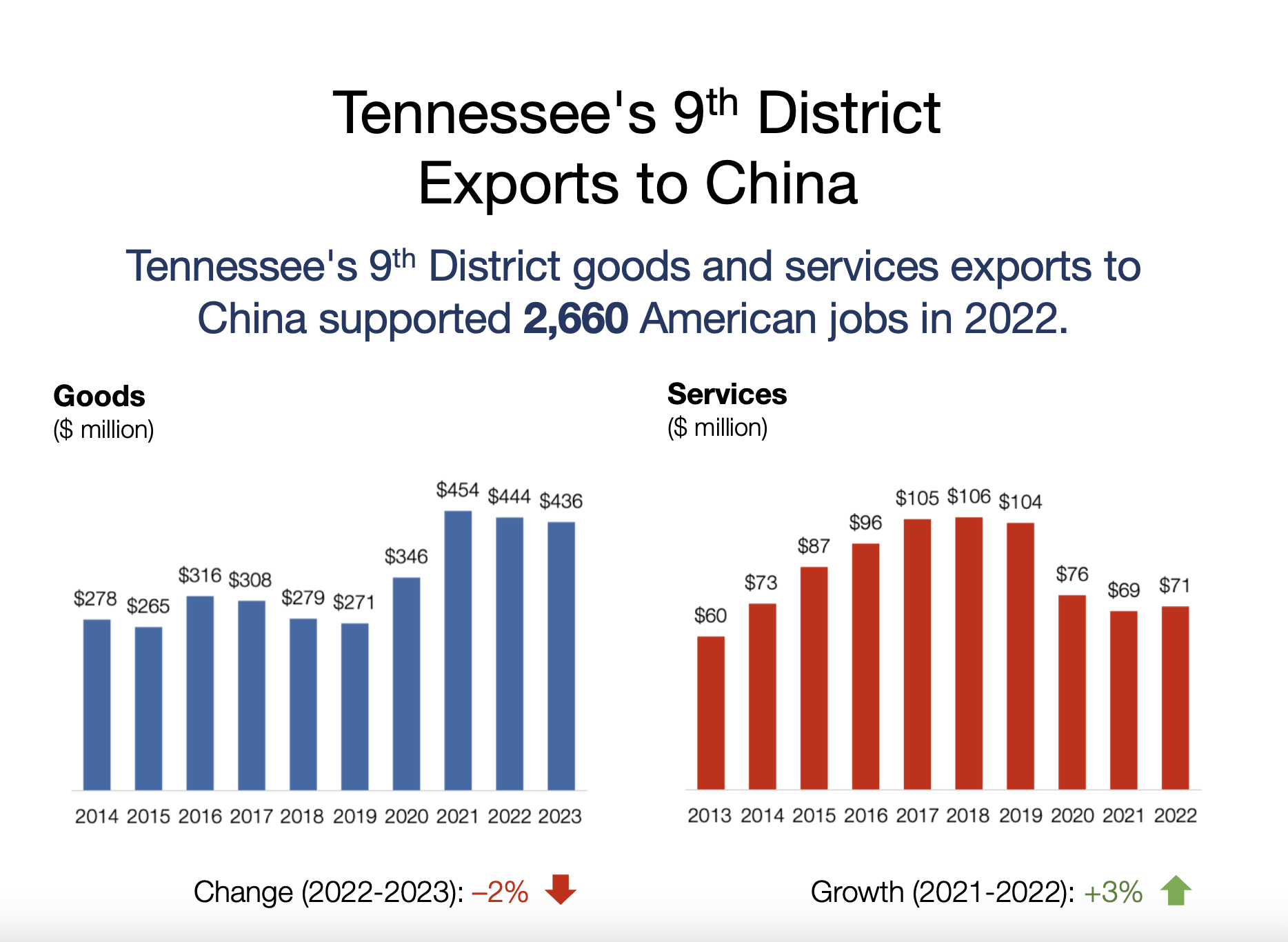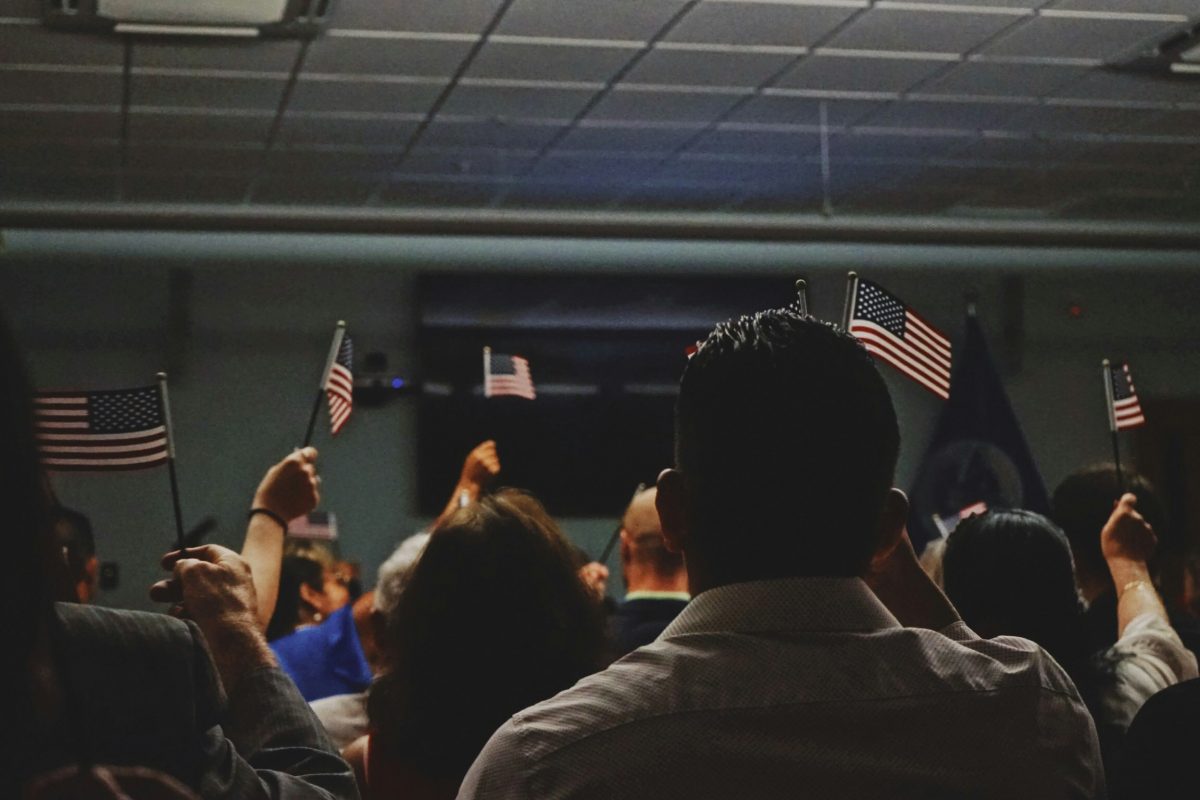It’s been a matter of weeks since President Donald Trump single-handedly deprived the Tennessee Valley Authority (TVA) board of its quorum, and the giant semi-public utility may come to figure in crucial decisions regarding Elon Musk’s controversial Colossus xAI project in Memphis.
When Trump issued walking papers to two members of an already truncated TVA board, he effectively deprived the board of its ability to vote on policy shifts and other matters of consequence.
The utility’s rules require the presence of five active and voting members to constitute a quorum. At full strength, the board would number nine directors, but attrition of various kinds over the years had previously reduced the board’s membership to five.
That membership now stands at only four after Trump, in successive acts, fired both Michelle Moore, a well-known “clean power” advocate, and Board Chairman Joe Ritch. The president gave no reasons for either firing, but coincidentally or not, his actions came in the immediate wake of public prodding from Tennessee’s two Republican senators for changes in the Authority’s leadership.
In an op-ed that appeared in the industry periodical Power magazine on March 24th, senators Marsha Blackburn and Bill Hagerty had expressed doubt that the TVA leadership, as then constituted, was up to the need, as they saw it, of jump-starting a new era of reinvigorated nuclear power.
“With the right courageous leadership, TVA could lead the way in our nation’s nuclear energy revival, empower us to dominate the 21st century’s global technology competition, and cement President Trump’s legacy as ‘America’s Nuclear President,’” the senators wrote.
Within days of the op-ed’s publication, the TVA board, then still at quorum strength, if only barely, named the utility’s chief operating officer, Don Moul, to serve as the CEO of TVA. (For what it’s worth, the two senators had wanted a new CEO from outside the Authority’s ranks.) Almost immediately after Moul’s appointment, Trump would fire the two board members, thereby stalling any immediate initiatives on TVA’s part beyond matters of basic maintenance. That would include oversight activity vis-à-vis the energy situation of Memphis.
Ultimately Trump will have the prerogative of restocking the board to quorum strength, with his nominations in theory drawn from all reaches of the Authority’s operating area, which comprises all of Tennessee, portions of Alabama, Mississippi, and Kentucky, and small areas of Georgia, North Carolina, and Virginia. Members, subject to confirmation by the U.S. Senate, serve five-year terms.
Created under FDR, TVA is no longer taxpayer-funded but is still federally owned. One way or another, politics plays a major role in its operation, and critics of Musk are increasingly conscious that the contours of the Trump ally’s giant xAI program are rapidly expanding, with its demands on available energy from MLGW mounting well beyond what the original estimates were when Musk acquired the vacant Electrolux property to house the supercomputer last year.
Memphis Mayor Paul Young is now finding himself under fire for his apparent acquiescence with the Musk project. In a blistering letter to Young, Shelby County Health Department Director Michelle Taylor criticized the mayor for not imposing stricter air-quality controls on the Colossus project, which is requiring the use of even more gas turbines — potentially as many as 35.
Amid an upsurge in various forums and ad hoc opposition groups, one leader of a burgeoning citizen revolt is Representative Justin Pearson, immersing himself in anti-xAI activities in the manner of his successful 2021 opposition to a gas pipeline.
More and more obviously, the xAI matter is rising to a potentially dominant status politically, almost on a scale with the city’s No. 1 bugaboo, crime. And uneasiness about the Trump-Musk alliance could be a major part of that concern.












